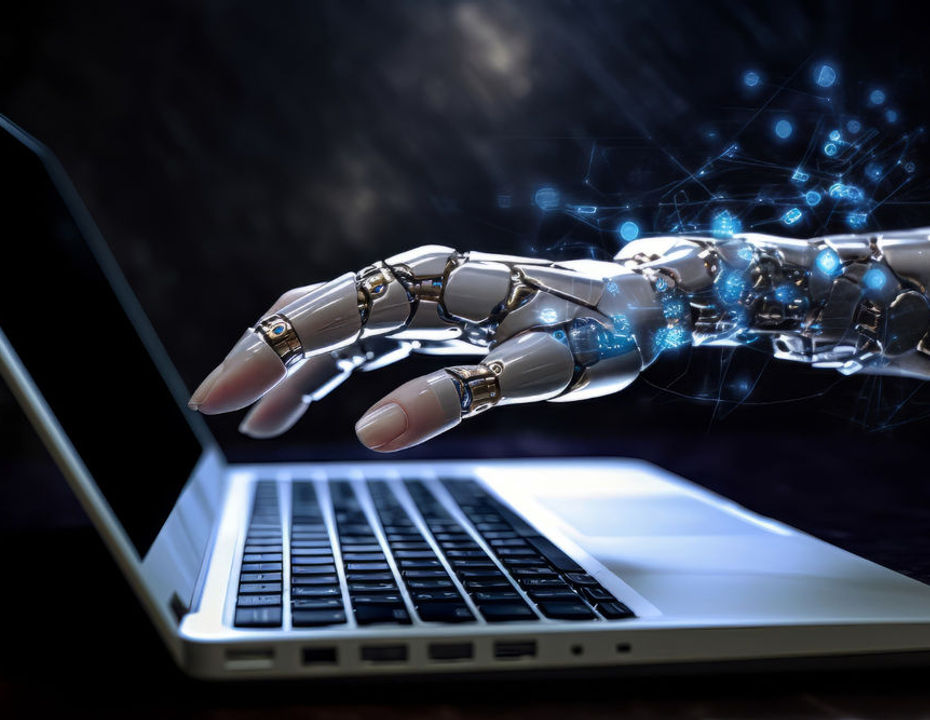
Preview in:
During the past decade, technology has enormously expanded and continues to reach levels that were unknown before, and AI is a perfect example of such changes. Only a few years ago, machine learning was only a discussion topic among certain scientific circles. And today, it is becoming an integral part of our lives.
How AI technology impacts everyday life?
Undeniably, the expansion of AI technology already has a huge impact on our everyday life. Whether it is a threat or an opportunity is still a debatable question. Nevertheless, AI technology already makes some changes in various aspects of human’s everyday life such as:
- virtual assistants
- smart homes
- advanced analyzing data (reports, charts etc)
- personalized recommendation
- content creation
- customer service (mainly chatbots)
- advanced search (for example, AI image search from lenso.ai)
Before expanding the topic of AI dangers, it is important to acknowledge the AI trends for 2024
What are the AI dangers for upcoming years?
Undeniably, Artificial Intelligence should be considered as evolving programs, which in some ways are unpredictable or even dangerous. Below, you can find the main AI dangers for the upcoming years:
- Bias, Discrimination, Disinformation - AI systems can perpetuate and even amplify biases present in the data they are trained on, leading to discriminatory outcomes in areas like hiring, lending, and law enforcement. Also it can be trained on controversial or even false information.
- Malicious Use - As AI technologies become more sophisticated, they could be weaponized for malicious purposes, such as creating cyberattacks, spreading misinformation, or developing autonomous weapons systems.
- Job Displacement - Automation driven by AI has the potential to displace jobs across various industries, leading to unemployment and socio economic disruption.
- Privacy Concerns - AI systems often rely on vast amounts of personal data, raising concerns about privacy violations, unauthorized access to sensitive information.
- Existential Risks - The development of advanced AI systems, including superintelligent AI, poses existential risks if not properly controlled.
- Ethical Implications - AI technologies raise complex ethical questions regarding their impact on society, including issues related to accountability, transparency, and the distribution of benefits and risks.
- Security Vulnerabilities - AI systems may be susceptible to attacks and manipulation, either through adversarial attacks that exploit vulnerabilities in AI algorithms or through attacks on the data and infrastructure supporting AI systems.
How to prevent possible AI dangers?
Without any doubts, there should be a multidisciplinary approach involving collaboration between researchers, policymakers, industry stakeholders, and civil society to prevent such dangers from becoming reality.
For instance, it could be possible to apply follow solutions:
Robust governance frameworks
Adjust systems and processes established by governments, organizations, or industry bodies to oversee the development of AI technologies.
Ethical guidelines
Provide principles and standards toward ethical conduct of individuals and organizations involved in the development and use of AI technologies.
Technical safeguards
Ensure the responsible development and deployment of AI technologies.
Restricted law guidelines about data privacy
Legal frameworks and regulations about collection, processing, and sharing of data, particularly personal and sensitive data, to protect individuals' privacy rights
Human oversight and intervention
Involvement of human experts or operators in the design, monitoring, and decision-making processes of AI systems.
Collaboration between developer community
Knowledge sharing within collective problem-solving to address challenges and advance the responsible development of AI technologies
Continue reading

General
Top 6 Reverse Image Search Websites for Face Recognition in 2026
If you find yourself struggling to find the perfect reverse image search engine that supports face recognition, you’re in the right place. Here are our top 6 picks.

General
Visual Intelligence: Using AI Reverse Image Search to Drive Sales and Market Share
The era of exclusively text-based searching has ended. People now upload screenshots, crop product photos, and snap pictures of storefronts. The image has become their search query.

General
List of All Tools for Finding Similar Images in 2026 (Search by Image)
Looking for similar images online? Here’s the list of all the similar image search websites - fast, reliable and accurate image search engines. Check which tools you can use for searching for photos on the internet.

